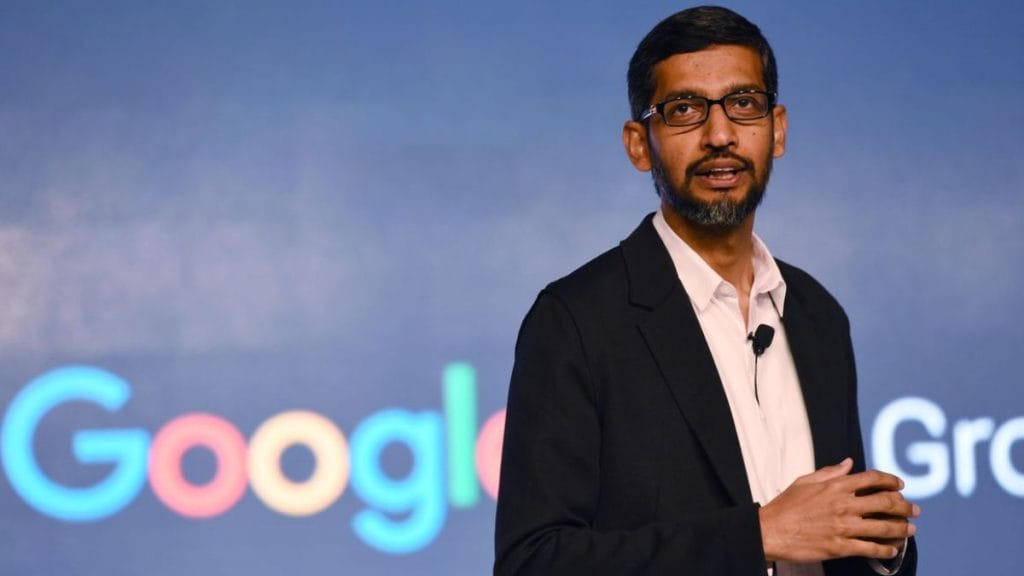New Delhi: According to reports released on Friday, Sundar Pichai, the Chief Executive Officer of Alphabet Inc, received a total compensation of $226 million in 2022. This is more than 800 times the median employee’s pay, a pay disparity that has drawn criticism, particularly in light of recent job cuts.
Pichai’s compensation package included stock awards worth $218 million, a staggering amount that has raised questions about executive pay and income inequality. The pay gap between the CEO and the average employee has been a growing issue in recent years, with many calling for greater transparency and accountability.
The news of Pichai’s compensation comes at a time when Alphabet has been cutting jobs around the world. In January, the company announced plans to cut 12,000 jobs, equivalent to 6% of its global workforce. This move was met with criticism from employees and the wider public, who argued that the company was prioritizing profits over people.
The job cuts have also led to protests from employees, with hundreds of Google workers staging a walkout at the company’s London offices earlier this month. The protest was sparked by a dispute over the handling of layoffs, with employees demanding greater transparency and a say in the decision-making process.
Similarly, in March, Google employees staged a walkout at the company’s Zurich offices after more than 200 workers were laid off. The employees demanded that the company provide better job security and opportunities for career advancement.
The pay gap between executives and employees has been a contentious issue for many years, with some arguing that it is a necessary part of attracting and retaining top talent. However, others believe that the gap is a symptom of a larger problem of income inequality, and that it undermines the morale and productivity of the workforce.
Critics of executive pay argue that it is often tied to short-term gains rather than long-term success, and that it can encourage risky and unethical behavior. In addition, they argue that excessive executive pay can contribute to social and economic inequality, as the wealth generated by corporations is increasingly concentrated in the hands of a small elite.
To address these issues, some have called for greater transparency and accountability in executive compensation, as well as reforms to the corporate tax system to ensure that corporations pay their fair share of taxes. Others have called for the implementation of a minimum wage for executives, which would ensure that their compensation is in line with the wages of their employees.
In conclusion, the news of Sundar Pichai’s compensation package has once again highlighted the issue of executive pay and income inequality. The growing pay gap between CEOs and average workers, particularly in the context of job cuts and protests, underscores the need for greater transparency and accountability in corporate governance. While there is no easy solution to this complex issue, it is clear that something needs to be done to ensure that workers are treated fairly and that corporations are held accountable for their actions.





